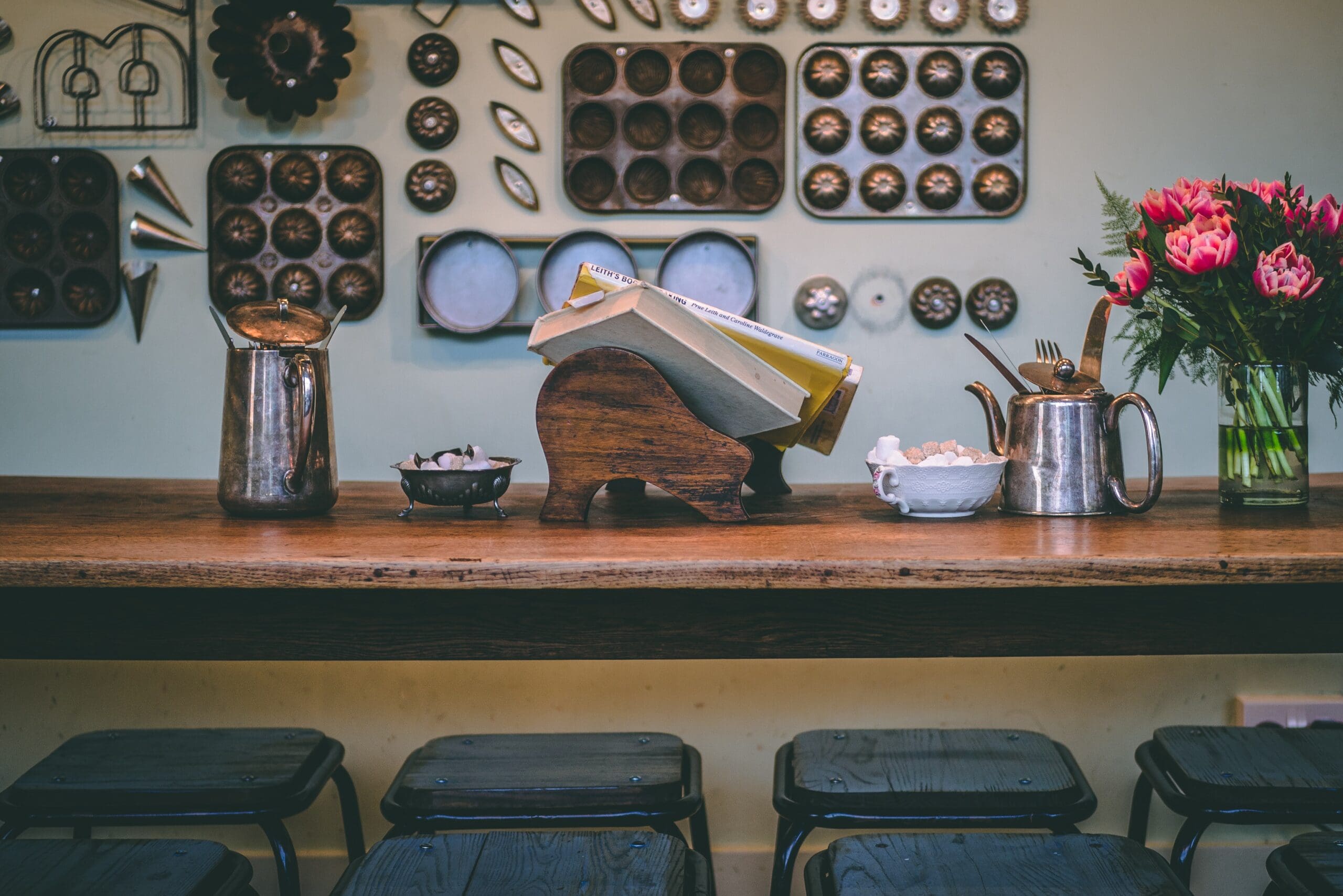Peg had made good on her resolution to leave West Virginia, and here he was in San Francisco, seasonless though it was Spring, sleeping on her new couch when what he really wanted was to sleep in her bed.
Bud had known Peg since they were kids. She was a tomboy then, treated like one of the boys. Until somewhere along the line she turned into a girl and he fell in love with her. They started having sex when they were juniors. He assumed they would get married someday, but a year into the relationship Peg told him that she was going to university in Morgantown and planned to move to California after she got her degree. Four years was far off, he thought, anything could happen. Besides, as far as he knew, no one from River Bend had ever visited California, except for Derek Thomas who was gay.
He had followed Peg here hoping to convince her to return, but that was looking like a long shot. Unlike him, Peg was very sociable and had already made many friends. She had found a job at Whole Foods, joking that her degree in English literature “got me into the back door of the colonics section.”
San Francisco was definitely not the place for him, an unemployed junior college dropout in a city that ate bachelor degrees for breakfast. He felt like a hick, a long-haired West Virginian with a backcountry accent who wore flannel shirts and torn jeans that weren’t a calculated fashion statement. Back in River Bend, the only important thing about how you dressed was that you were dressed.
Most mornings, after Peg left for work, he wandered around the city aimlessly, sometimes forgetting why he was there. He usually ended up South of Market at the Urban Food Park, where a dozen colorfully painted trucks in a parking lot dispensed fare from every corner of the world. He was thrown off at first by the unfamiliar offerings—Thai-seasoned burritos, cumin and quinoa sweet potato tacos, kung-pao chicken sliders with cilantro slaw, Saigon shrimp ceviche. He quickly grew addicted to the exotic flavors, his tongue curling around curry and tumeric, his taste buds sparked by peppers and coconut.
River Bend had nothing like this. There was Mickey-Dee’s and the A & W on Route 11, Sally’s Spatula, a rundown diner that served breakfast all day, and Eddie’s bar with the Friday fish fry. Eddie claimed that the fish was caught locally, but people in town knew he went to Costco and loaded up his shopping cart with frozen filets.
Not long after he arrived in San Francisco, Bud offered to make dinner for Peg and her friends. His friends back home, whose idea of preparing a meal was punching in the timer on their microwaves, called him the Non-Celebrity Chef. They raved about his cornbread and flash-fried hushpuppies. He didn’t know these people, would play it safe and cook something Italian. Peg told him that Bi-Rite was the best place to shop. The store reminded him of church, except that supplicants entered its doors seeking sustenance for their bodies at sinful prices instead of absolution from God. Instead, he trolled the Mission for reasonable alternatives: pasta, canned tomatoes, and parmesan cheese at Lucca’s; mushrooms, green peppers and onions from a corner vegetable market; two fat chickens at a Latino-owned butcher shop.
Commandeering Peg’s kitchen, he cut up the birds, dredged them in flour and sautéed them in olive oil until they were perfectly browned. He sautéed the green peppers, onions and mushrooms, then added the tomatoes before pressing four cloves of garlic and sprinkling oregano into the sauce, which he ladled over the chicken to let the cacciatore simmer for a couple hours.
Peg had invited four friends she had met at a spiritual book club. Brad and Susan did something in tech, the exact nature of which was a mystery to Bud. Peter and Simon had just returned from a honeymoon trip to Morocco. Bud, intimidated by their perfect haircuts and fashionable clothes, brushed flour from his shirt.
Peter handed him a bottle of wine in a fancy tote. “Peg told us that you’re quite the chef.”
“Yes, we all thought Bud’s mac and cheese was gourmet because he added things to it that didn’t come in the box.”
The guests laughed good-naturedly.
Was Peg being facetious at his expense? She certainly had no trouble gobbling down the country breakfast—ham, biscuits and gravy— he made for her that morning.
After everyone settled in with a glass of wine, he brought a salad of mixed greens to the table and began pouring dressing into it. Bud felt a surge of anxiety around the table.
“Oh my god,” cried Susan. I’m sorry, but I can’t eat anything from a bottle.”
“She’s allergic to practically half the planet,” declared Brad, putting his arm around her thin shoulders.
“I always prefer a little lemon and olive oil, myself,” added Simon. “I avoid saturated oils. Fortunately olive oil isn’t on the forbidden list.” Peter nodded supportively, rubbing his husband’s back.
Bud stopped in mid-pour, offering to dig to the bottom of the bowl for whatever greens left undefiled by the toxic dressing.
The dinner went quickly downhill from there. The pasta wasn’t gluten-free, durum wheat having been banished from everyone’s diets. He had planned to announce that the canned tomatoes were imported from Italy, but guessed that ‘canned’ would prove objectionable to someone. Brad, at least, praised the chicken and asked him where he had gotten it. Bud glanced surreptitiously at Peg and lied that he had purchased the hens at Bi-Rite, hoping no one could detect that they were probably factory-sourced, not range-free or whatever.
After everyone left, hugging one another in the hallway while Bud stood at the doorway, he forlornly surveyed the remains of his meal abandoned on the table. “What a fucking disaster.”
“They weren’t trying to make you feel bad,” consoled Peg. “You really are a good cook, but my friends are particular about what they put in their mouths.”
“I bet Simon and Peter aren’t that particular about what they put—” He stopped, realizing he was going down a path that wouldn’t exactly win him any points.
“People have different standards here. It’s a kind of micro-culture, like living in a Petri dish.”
“One that’s obviously hormone and additive-free. They were just plain rude, Peg.”
She sighed. “I’m sorry. I should have thought to warn you. Do you remember what our mothers told us if we complained about our food?”
They leaned into one another, shrieking: “Shut the heck up, kids, and eat your goddamn food!”
Bud gazed at her like a man starving for scraps. He slung his arm around her waist and drew her close. “I missed you, Peg.”
She kissed him, squeezed his hand and guided him slowly to the bedroom. He watched in wonder as she undressed, headlights from cars on the street below shining through the sheer curtains, throwing bright rectangles of moving abstract forms across her body. His flannel shirt and jeans were on the floor in seconds.
He woke up alone in her bed and shambled naked into the kitchen. Peg had gone to work after clearing the table of last night’s catastrophe, everything tossed into the garbage. He looked for a note, but found only her empty coffee cup.
It must have been mercy sex, he thought.
Despondent, he showered and left the apartment. Passersby were oblivious to his existence, their eyes glued to their screens. Except to the panhandlers, he was invisible. Everything about the city that at first had captivated him now felt like a rebuke. He had to end this inertia.
Heading toward the Urban Food Park, it hit him like a piece of coal at the back of the head. That was it, of course! He ordered samosas and a tikka masala wrap from INDI-ASIA and took his time eating. When the lunch crowd to thinned out, he spent the rest of the afternoon going from truck to truck and asking the owners questions about their cooking setup and how their businesses worked. They were mostly generous with their information, even encouraging him. One young owner advising him to “find a niche, man, and then work it with everything you got.”
Unsure about how Peg would treat him after last night, he took his time returning to the apartment. It was on one of those quiet little side streets in the Mission that he spotted it. The truck appeared abandoned, covered with the black patina of city grit, rust spreading over it like a rude rash. ‘TACO EXPRESS’ was scrawled across its sides in crude letters over an amateurish rendering of tacos slowly disappearing, the paint faded and peeling away. The passenger door was dented so that the image of the cola can painted on its surface looked crumpled too, destined for recycling. The two front tires were flat, the rubber dissolved into the blacktop as if the truck had established roots.
Two middle-aged men sprawled in lawn chairs across the street, chugging beer and watching him warily. Bud felt as if he had climbed a fence into someone else’s property, a stranger snooping on their turf. He crossed the street, hesitating at the curb. “Hello, senors. I was just wondering about the truck. It doesn’t look like it’s been operated for some time. Do you happen to know who owns it?”
“You sent by the City?” the muscular one asked.
“I don’t live here. In the city, I mean. I’m visiting and just happened to walk by. The truck caught my eye.”
The man opened a large cooler sitting next to him. “You’re not from the City? Then I guess you’re cool. You want a beer?”
“Appreciate it.” The tab opened with a sizzle and he took a swig. “My name’s Bud, by the way.”
The man settled back into his lawn chair. “I’m Hector. My friend here is Enrique.” Enrique nodded and raised his can. This was how things tended to go back home, suspicions toward strangers quickly turning neighborly if they passed scrutiny.
“Why you interested in that wreck?”
“I might want to buy it.” The beer was helping his confidence. “Is it yours?”
Hector laughed, “No way, man!”
“You must be loco!” exclaimed Enrique. “But it would be good to get rid of that monstruosidad. It blocks our view of the young senioritas who sit on the porch behind it.”
“Do you know if it still runs?”
“It’s been parked in that same spot for a couple years. I know the engine still turns over. The cousin starts it every so often.”
“Doesn’t it ever get ticketed?”
“The City put up their parking signs years ago, but the sweepers never come down this street. The City ignores us, so we ignore them. The truck belongs to Benny and Rita. They weren’t making much business no more. Sold their house and took the money with them back to Oaxaca.”
Enrique shook his head. “Too much competition with all the fancy new food trucks. Benny and Rita cooked traditional Mexican-American. But these days, everyone, even the young Latinos, wants autentico and non hormonas. It’s mostly gringos and foreigners who run the trucks now.”
“Taco trucks on every corner, like the Republican traidor says.” Hector nudged his friend and they both laughed.
“The cousin—Do you know where I can find him?”
Hector took a long sip from his beer, stood with a hefty groan and pointed across the street. “It’s the house with the blue door. Her name is Vera.”
“Gracias for the beer.” Bud crossed the street again and inspected the truck more closely. If the cousin were willing to sell, it would require a lot of work, all the dents pounded out and the exterior sanded before it could be painted. The interior would probably need to be completely gutted and refitted with a new cooking setup. He’d have to replace the flat tires before he could even find out if it ran.
The cousin, Vera, was happy that someone was offering to take it off her hands. Hector and Enrique gave him two used tires—“anything to clear our view.” The gears were stiff and the engine voiced its complaints, but he was able to drive it around the neighborhood. Vera accepted his offer and told him he could keep it parked there for the time being.
He broke the news to Peg the next day, showing her a picture and describing his plans for restoring it.
“You have to be kidding. It looks like it wouldn’t get two blocks without breaking down.”
“One of the two men I talked with has a nephew who will fix it cheap so I can drive it back to River Bend.”
Peg didn’t seem that disappointed he was leaving. “This is some kind of compensatory whim on your part, isn’t it? You bought the truck because I won’t go back to West Virginia with you.”
“This has nothing to do with us. I intend to do something that no one in River Bend has ever done before.”
“No one’s done it because it’s totally crazy. Half the town is unemployed. People there aren’t interested in foreign food. They spend their time burrowed in Barcaloungers, watching daytime TV and munching on chips.”
“I intend to change that. You’ll see.” Bud’s face had a set, determined expression that she had never seen before.
He sent Peg a postcard from Boulder. On the front was a picture of a brightly painted food truck under a clear blue sky with snow-topped mountains in the background. On the back, he scrawled ‘BUD’ in magic marker.
He was determined to bring good food to the towns and hollows of West Virginia. It would be summer in no time and people would flock to his truck for Korean barbeque tacos and Thai-style burritos. Eventually he might expand the business with a whole fleet of trucks. “Taco trucks on every corner,” like Hector said. Magazines will write articles about him, the hometown boy who began a street food empire with nothing but a dream.
And one day, he was sure, Peg would call him to say that she was coming home for keeps.
William Torphy‘s short stories have appeared in Bryant Literary Review, The Fictional Café, ImageOutWrite Volumes 5 & 6, Main Street Rag, Miracle Monocle, Sun Star Review, Burningword Literary Review, Chelsea Station and most recently, HOME: An Anthology, published by Flexible Press. He lives in the San Francisco area where he works as an art curator.




